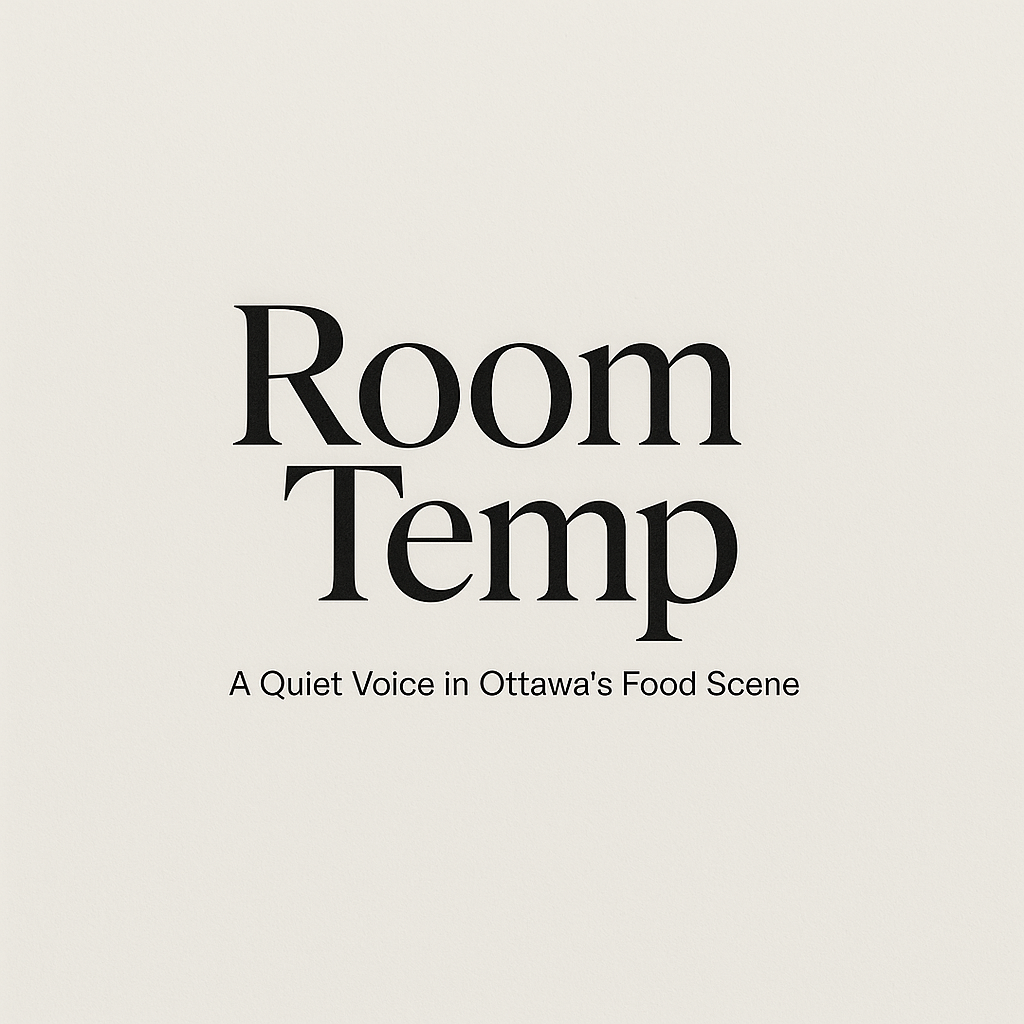The Magic Words

On the menu, some words mean less the more they’re used.
There are certain words that open wallets. Not because they mean much anymore — but because they sound like they should. “Sustainable.” “Foraged.” “Heritage.” “Duck-fat.” Each one carries the shimmer of care, like a promise cooked into the menu. But in practice, they often say more about what a dish wants to be than what it is. Language has become the garnish — and too often, it’s the only thing that’s seasoned.
Menus are full of these magic words. They conjure effort, even when none was made. They let chefs speak the dialect of integrity, even when the food falls short. And worst of all, they give diners the sense that they’ve tasted something thoughtful — without asking the food to do the work.
House-made
A phrase that once meant pride. Now it just means someone in the kitchen owns a blender. House-made doesn’t guarantee quality — it only guarantees proximity. You can make bad mayo in-house. You can also buy a good one and lie. Either way, you get credit. No one checks.
Foraged
This one still has a little power left, but mostly in the imagination. “Foraged” implies the chef woke up at dawn to pick mushrooms in the woods. More often, it means someone on the team knows a guy who brings in bags of spruce tips twice a year. And it doesn’t matter. The word alone suggests intimacy with nature, whether or not that’s true.
Duck-fat
Used to signal indulgence, but now more like a crutch. A duck-fat potato should be better than a regular one — but how often is it really? Most of the time, it’s shorthand for flavor that isn’t there. And “duck-fat” doesn’t mean the potatoes were confited or cared for. It just means someone waved a ladle over them and charged four dollars extra.
Local
Broad enough to mean everything. Safe enough to mean nothing. It once stood for a relationship — between chef and grower, between food and land. Now it’s often an afterthought, applied retroactively if the supplier happens to be nearby. The idea was to shrink the distance between plate and place. But in practice, “local” is just the right answer on a quiz no one grades.
Sustainable
The ultimate unprovable claim. “Sustainable” once meant responsible sourcing, long-term thinking, limits. Now it means whatever a restaurant wants it to. A recycled to-go box? Sustainable. A sea bass flown in from Spain but certified by a third-party group no one’s heard of? Also sustainable. It’s a word that should be about systems — not social media bios.
Heritage
A word that sounds rooted, but rarely explains what it’s rooted in. Heritage breed pork, heritage carrots, heritage grains — the suggestion is of something ancient, preserved, real. But most menus don’t say what the heritage is, or why it matters. It’s like putting “classic” on a wine list. It sells.
None of this is new. Chefs have always relied on language to frame their work — and diners have always wanted reassurance that they’re eating something meaningful. In some ways, the words are harmless. They signal the desire to do things well, even if the execution is half-hearted.
But maybe that’s the problem. Words like these used to describe the food. Now they describe the aspiration for it.
So keep the words, if you must. But let the food earn them.
